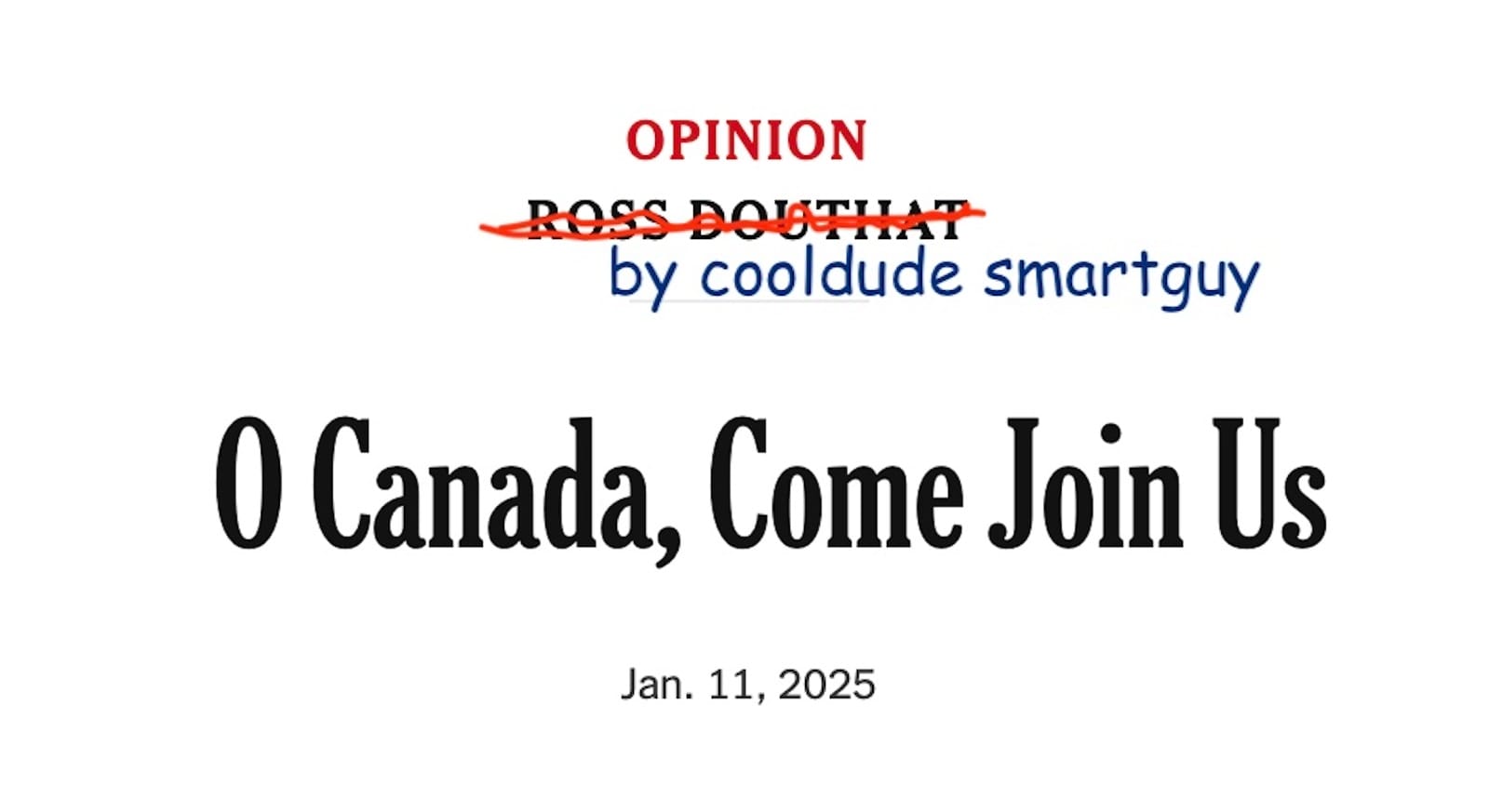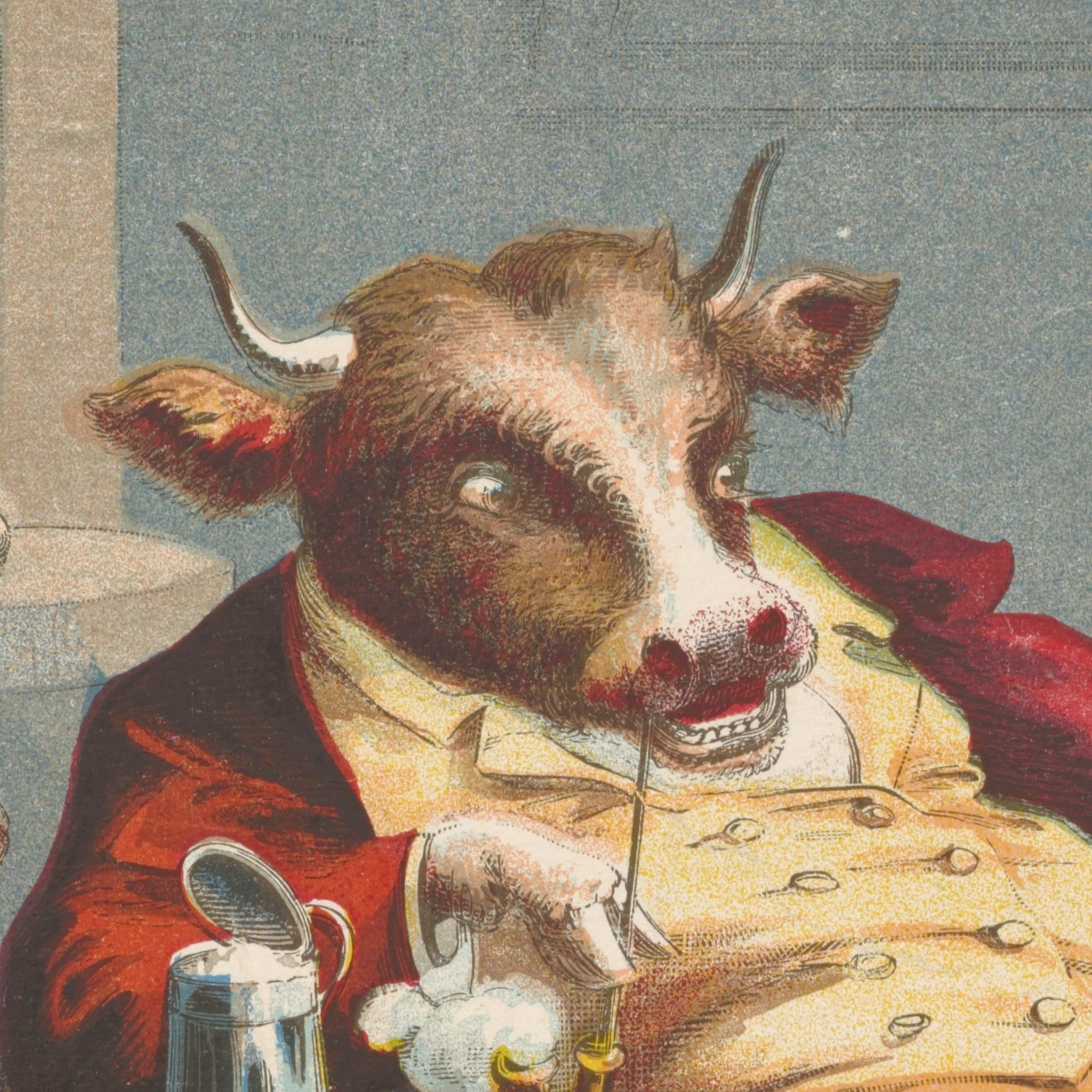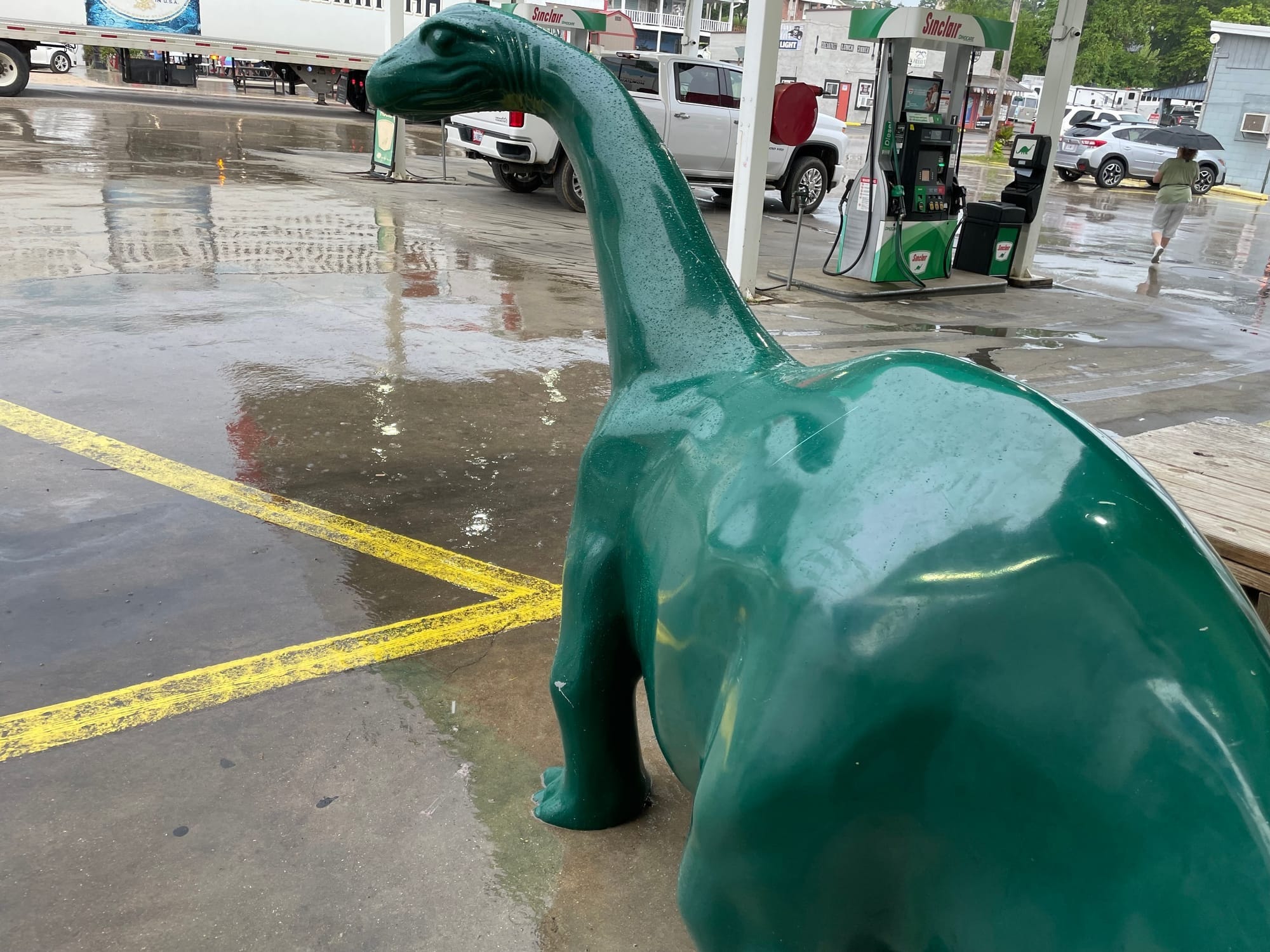On Monday, Amazon founder and Washington Post owner Jeff Bezos wrote a column in his newspaper explaining why he blocked the paper's already-written endorsement of Kamala Harris over Donald Trump for the United States presidency. Because it received such a poor reception, Uncharted Blue reached out to Bezos[1] to ask if he wanted to further clarify his position. Here is his response.[2]
Wow, that did not go over well. This Monday I and $17,000 worth of ghostwriters published a memo to Washington Post readers that explained my reasoning for barring my newspaper from endorsing Democratic candidate Kamala Harris to be the next president. Although my handlers assured me the text was perfect, it seems that readers have continued to have complaints.
While such confusion is to be expected, when the public is exposed to an intellect of my caliber (my aides have informed me that since becoming a billionaire many years ago, I have never once had a wrong opinion on any subject, not even once) it is disheartening to see. Let's try to clear up your misunderstandings.
First, as I noted, the reputation of journalists and the media are at an all-time low. For whatever reason, many Americans believe newspapers to be the "enemy of the people," or that they are "fake news," or that they are "anti-American." They call for us to be imprisoned for publishing things they don't want to hear, and believe us to be part of an international conspiracy that keeps them from becoming "great again."
While we will probably never uncover where such sentiments are coming from or what the motivations behind saying such things might be, a victim mentality will not help. Last year I consulted with a great number of powerful people who keep having bad things to say about the press, asking them how my newspaper could improve its reputation in their own circles.
The advice was unanimous: To rebuild public trust, my first move should be placing my paper in the care of a scandal-plagued tabloid hack, preferably from the British press, and I should choose only the sort of person Fox News founder Rupert Murdoch would personally vouch for. It was for this reason I hired industry-famous Murdoch executive Will Lewis as the Post's new leader.
When searching for someone who could shore up public trust in journalism and in the Post in specific, I think the public would agree that the perfect man for the job is the man who, National Public Radio boasted, "stands accused of helping to lead a massive cover-up of criminal activity" and the "leader of a frenzied conspiracy to kneecap public officials hostile to a multibillion-dollar business deal." Lewis worked to "conceal the extent of wrongdoing" inside Murdoch's empire, allege those critics.
A willingness to cover up criminal activity? The initiative to kneecap public officials to thwart regulation of multibillion-dollar business deals? These two of the most important traits any billionaire looks for in selecting a trusted lieutenant, and I was sold immediately. While I am unfamiliar with cultural trends among those of you who are not billionaires, I imagine these are also the traits the general public most wants to see in order to be convinced that journalists truly are trustworthy and reputable people—and I think we can all agree that decision has been proven correct.
The second piece of advice I received, if I wanted to not be seen as an "enemy of the people," is that my paper should work harder to avoid taking sides between democracy and authoritarianism. It is, say many of these new friends, rude. And that is the reason I responded quickly upon learning that my newspaper had written and was prepared to publish an editorial endorsing a democratic leader over a seditionist convicted felon who has promised to undermine countless American laws: How can the press be considered "trustworthy" if it values the rule of law over an orgy of criminal acts? Does the press take sides between arsonists and firefighters? Between rapists and their victims?
If it does, it will never be considered "trustworthy" among arsonists or rapists. The American people deserve the Washington Post editorial page that represents all points of view.
In my original piece, I explained that there was indeed precedent for a very wealthy Post owner to cut off presidential endorsements. As discovered by one of my ghostwriters, nearly a full century ago a former Post owner by the name of Eugene something-or-other made the same principled decision, and history now records the years 1933-1946 as an era of American journalistic greatness in which absolutely nothing of note happened and rising authoritarian movements were kept firmly in check.
Indeed, as Mr. Lewis wrote in his own editorial, this most current era of Post presidential endorsements can be traced directly back to the Post foolishly taking sides between the criminality of the Nixon White House and their non-criminal opponents—a costly mistake, and one which Lewis and I have now rectified.
As to why it took me until the Post had already drafted its anti-criminality endorsement before I stepped in: That was my bad. I meant to do it earlier but accidentally forgot. But I assure you I would also have stepped in to block the editorial if it happened to endorse Donald Trump, and you can ask any one of my aides and they will tell you so (please inform me if one does not.)
Also, the meeting between Trump and the chief executive of my space launch company that happened on the same day as our announcement was completely coincidental. I most definitely did not know Dave had scheduled a meeting with one of the two presidential candidates, but I can assure you that they talked about nothing of any interest, there was absolutely no sucking up or pinky-promises or what have you, and even Dave did not know he was meeting with Donald Trump until Trump's people called him that morning to inform him he would be! What a funny story that is.
I imagine Donald just wanted to talk about the weather and the chief executive of Elon Musk's most prominent competitor in the space launch industry happened to be the person whose phone number came up first.
My most important point about all of this, however, is that it is all your fault. You, the public, are at fault here for not understanding that everything I do I do out of principle, and I discuss each one of my decisions with at least one aide before making it—and, as I emphasized above, have never once been told that I was incorrect. Turning the paper over to a Murdoch underling; reaching down to block my paper from expressing a direct preference between democracy and criminal authoritarianism; quietly burying twenty Amazon workers in a shallow grave after our first attempt at autonomous robot workers on the warehouse floor was cut short after what my executives explained was a series of Unscheduled Decapitation Events; all of these are necessary for the good of society.
I don't need your thanks, but criticizing me or attempting to boycott my companies over such trivial complaints is, to use a phrase popular in billionaire circles, not very rad of you. It makes you all look foolish, and you should stop such nonsense immediately.
[1] We did not.
[2] We made it up.










Comments
We want Uncharted Blue to be a welcoming and progressive space.
Before commenting, make sure you've read our Community Guidelines.